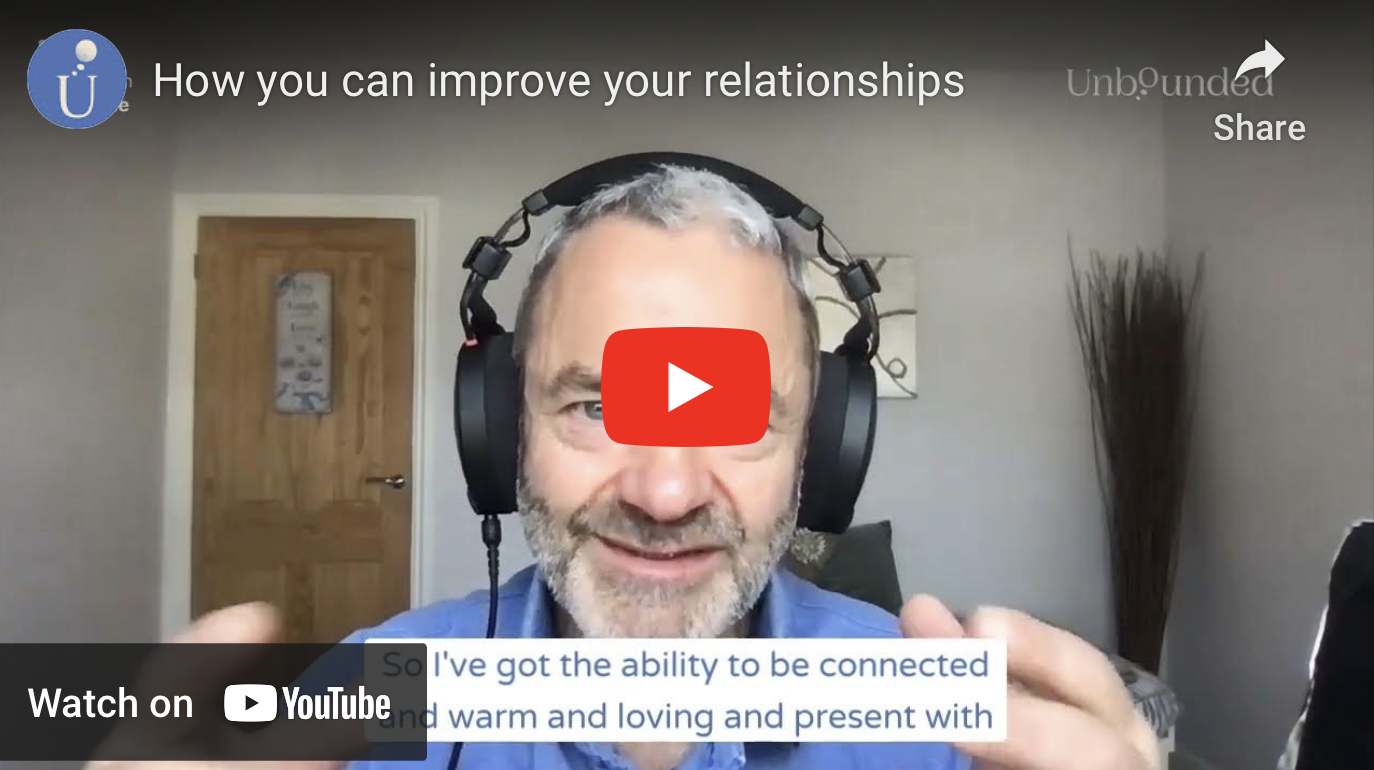The power dynamic in your relationships
Are you aware of the power dynamic that is at play in your relationships?
I’m on a course at the moment, with Authentic Relating. We’ve been learning about exploring power, so I want to share some information and reflections.
There are three types of power that arise in relationships.
Resource Power – the ability to affect other’s actions through your resources – such as money, time or space
Authority- power that is rooted in a position or role. Power is in the position, not the delegate. If you are the CEO, you have authority that comes with being in that position. When you leave that role, you also lose the power.
Status - social power that is awarded to someone by an individual or group based on perception.
Power dynamics are at play under all relationships. The power dynamics affect the quality of any relationship and any interaction. So it’s important to reflect on the power at play in your relationships – both the power that you have and/or the power that others have. And then find ways to mitigate the impact of the power imbalance.
Here are a series of points I’ve been reflecting on:
1. Notice Hippos and Happos!
A hippo is the Highest Paid Person’s Opinion, a happo is the Highest Authority Person’s Opinion.
What power does the hippo have? For example, because they have more money, we can think they’re more important or think their opinion carries more weight..
What power does the happo wield? Perhaps they are the CEO, so notice how they might use that power over you, and notice if you defer to them too easily too readily?
2. In the old world, resources power and authority were the key influencer.
We used to defer to these people (and still often do). “She’s the CEO, so I must do as she says”. “The WHO decide the vaccine policy, so I must go with what they say”. Much of the world runs by decisions made through authority and resources power.
In the new world, we increasingly don’t accept the use of authority. Why is that?
It may be that we just live in a world where we are now generally encouraged to be self-empowered. It may also be that we’ve had a catalogue of situations over recent decades where we have been exposed to the poor decisions, deceit, fraud, and even manipulation of those in positions of authority.
There certainly a place for you to question those with resources power or authority, to have your own agency, to use your own wisdom to guide your decisions.
3. The new world, I believe, status is king.
It is about giving power to those who have status.
I don’t respect you just because of your role. I won’t follow you just because you have wealth. I will follow you because I respect you & trust you, and I align with your values. You need to earn your status with me, and when you do this, you have power. Every action you take, continues to build or deplete trust and hence your status.
4. Use power wisely.
When you have power, be very careful how you use it. Don’t use it to manipulate or get your own way. Have a clear set of morals and values that you follow. Act for the common good. If not, you will lose status. When you lose status, your authority loses its power.
5. Self-status is key.
If I’m comfortable in my own skin, if I’m confident and respect myself, others are more likely to give me status.
6. Power is a self-reinforcing loop.
The more power you have, the more confident you become, the more power you gain. And as this occurs, beware of the potentially increasing imbalance. Imbalance can be a problem to quality interactions.
7. Your ego likes power.
If we have power, we like it, and we don’t want to let it go. If we have power (and privilege), we can easily get sloppy and abuse it.
8. Increase your power awareness.
Who has the power? What is your power relative to others? What influence is it having on how you show up? How can you build your own status?
9. Think before a meeting.
Don’t give away your own power (status). Rid any stories about being lesser or superior. Be rooted in confidence about who you are and what you bring. Be humble and curious if you know you have the power.
10. Challenge authority.
I invite you to no longer except power through authority if it isn't being well used. This can be difficult – to challenge the CEO’s poor behaviours, or the government which isn’t taking action on human rights. It’s difficult and uncomfortable to challenge authority. It needs to be done with significant consideration. But challenging authority is required when we are being a stand for what is right.








